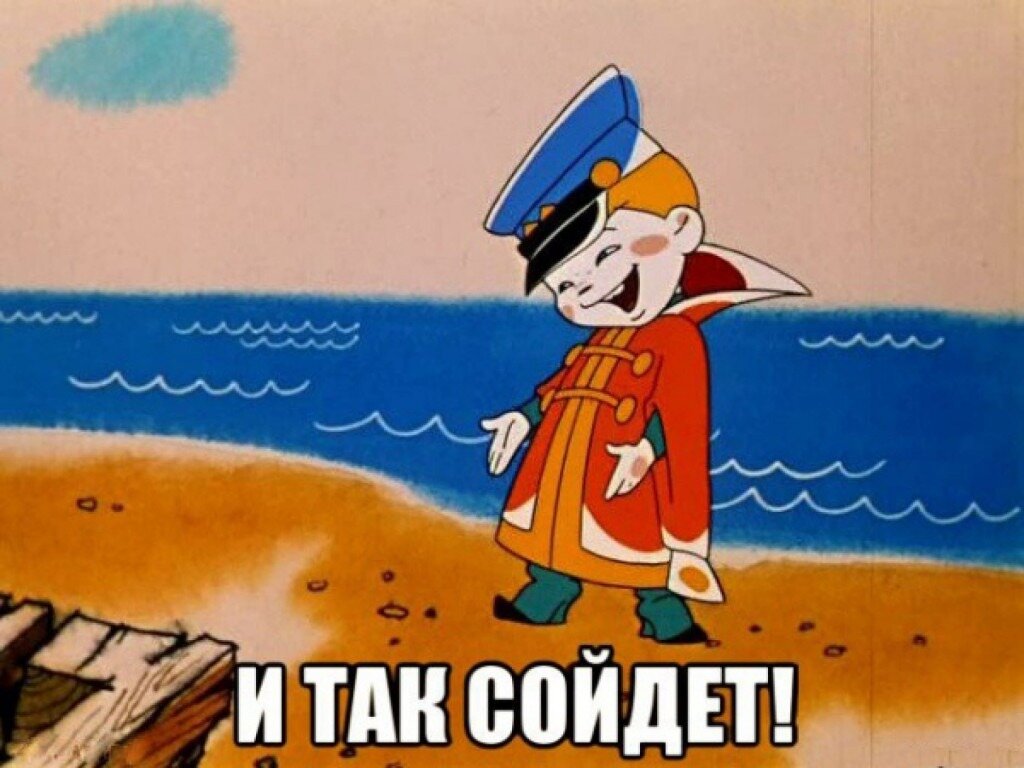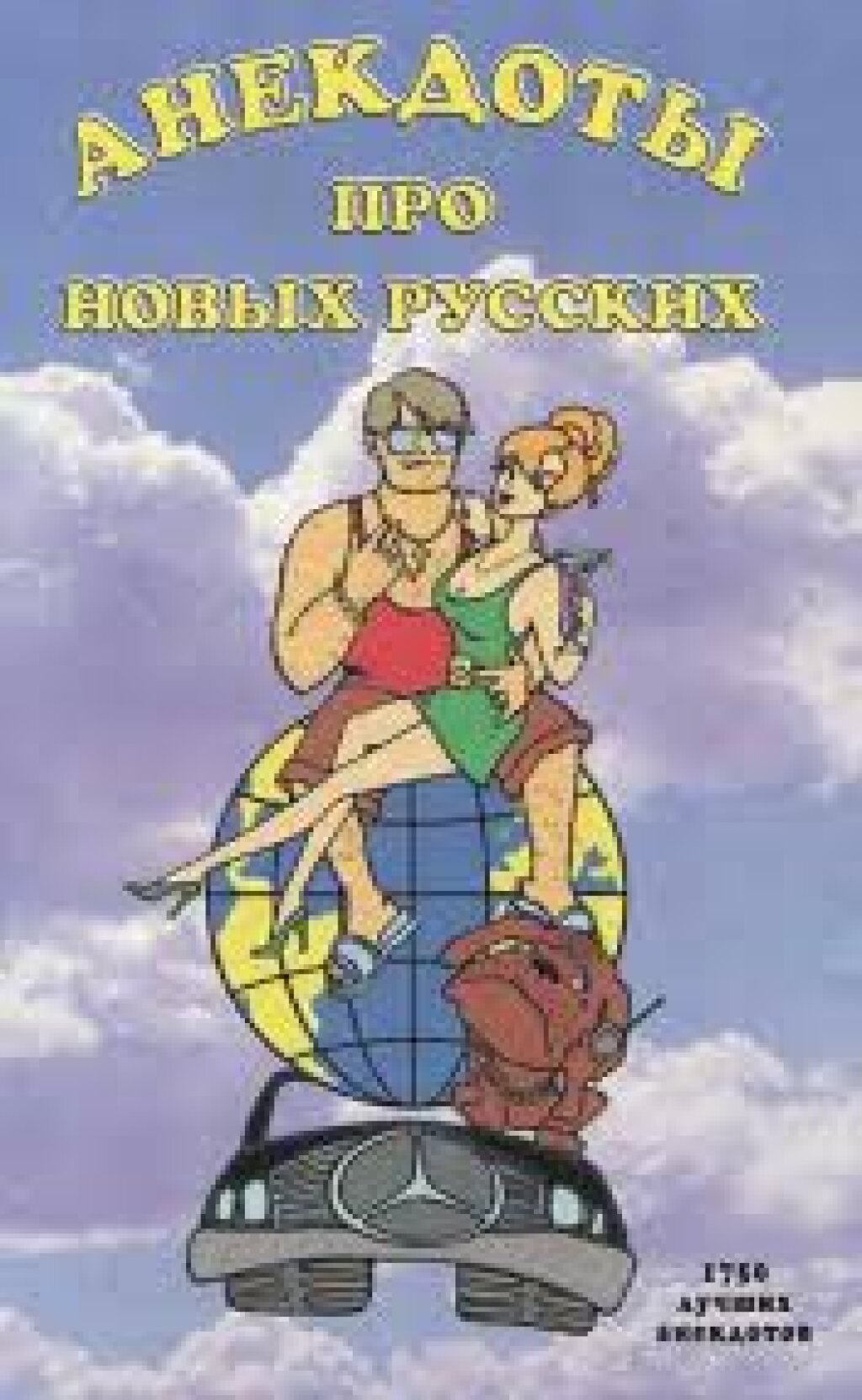This post is part of Chapter 2 of Russia’s Alien Nations: The Secret Identities of Post-Socialism, an ongoing feature on All the Russias, as well as . It can also be found at russiasaliennations.org. You can also find all the previous entries here.
If “New Russian” were just a synonym for “oligarch,” we wouldn’t need the phrase at all. The term may include oligarchs, but it is far more capacious. There is a spectrum of new-Russianness, with oligarchs at the far end. Who might be found on the way to other side?
If we start with the New Russian as an economic pseudo-phenomenon (or perhaps a pseudo-economic phenomenon), we of course return to wealth. But not to the mere fact of having wealth, something that will end up falling under the Putin-era category of “glamour.” Being a New Russian is about gaining wealth, and that is where our trouble begins.
Like all countries the Soviet Union needed its citizens’ labor to survive. Where it stood out was in the creation and inculcation of labor as a cult. Initially a Marxist correction to a capitalist system that typically valued intellectual or “white collar” work over actual physical labor (whether on farms or in factories) while validating the ownership of capital above all else, the notion of Soviet citizens as laborers took center stage in Stalin’s time. The most famous example is that of Alexei Stakhanov, who in 1935 repeatedly broke records for the amount of coal mined in a single shift or even half-shift. Feted as a national hero, he inspired an entire movement of “Stakhanovites,” dedicated shock workers who committed themselves to constant feats of industrial and agricultural labor.
The Brezhnev era provided a counter-myth: the image of the Soviet worker a lazy, often drunken, shirker, indifferent to the poor quality of the goods he made. The unofficial literature of the time certainly bears this out, from Venedikt Erofeev’s tale of epic goldbricking in Moscow-Petushki to the many sections of Zinoviev’s Homo Sovieticus disparaging the skill and enthusiasm of the Soviet worker. In the popular parlance, the labor problem was summed up with a joke: “We pretend to work; they pretend to pay us.”
This discrepancy between the official cult of labor and the unofficial assumption (or recognition) of the shoddiness of Soviet industry, the surliness of the Soviet service sector, and the inadequacy of Soviet goods, should remind us that there is no reason to expect actual economics and labor should be identical to their representation or popular understanding. Privatization in the 1990s was an incomprehensible mess, whose results were not exactly inspiring for ordinary people: unemployment and plummeting living standards for a large portion of the population accompanied by spectacular wealth for an infinitesimally small layer, with thriving criminal enterprises somewhere in between.
It was not just jobs that were disappearing; the fig leaf of socially-useful labor had been stripped away. “We pretend to work; they pretend to pay us” was a joke, but it was also a tacit social compact. In Soviet times, unemployment was not just virtually unknown but, technically, a crime. The legal charge against the unemployed was tuneiadstvo. Often translated as “parasitism” or “social parasitism,” the term does not technically have the same biological connotations, but the discourse surrounding it made abundant use of variations on the Russian word “parazit.” Not working was tantamount to exploitation of those who worked.
When we look at the categories of people who get labelled “New Russians,” while they all may be frenetically active, what they do would not have been called “labor” just a few years before. Buying and selling, brokering deals, making connections with organized crime, and, most importantly, focusing on profit were all considered unproductive, even parasitic. The notion that the New Russian rich weren’t actually “producing” anything helps explain the widespread acceptance and enthusiastic participation in pyramid schemes such as MMM. MMM was accused of simply printing worthless paper and making useless promises; how was anyone supposed to tell the difference between that and “legitimate” business?
Generally speaking, three types of people are usually covered by the classification “New Russian”: Oligarchs, successful or would-be businessmen several rungs below oligarch status, and organized crime leaders. What unites them, and potentially makes “New Russians” a meaningful category, are the following features:
1 Money. In Soviet society, cash was not king. Certainly, money was always welcome, and a huge portion of the country could legitimately consider themselves underpaid. But where capitalism manages scarcity through the medium of money (making money scarce), scarcity in late Socialism was primarily a matter of goods and access. After the reforms of 1990 and the subsequent end of the USSR, money becomes paramount. The “New Russians” perceived comfort, if not obsession, with money, their proficiency in the magic of currency manipulation (foreign exchange, “dark money,” “non-cash” money that technically existed only in bank accounts and could not easily be turned into paper bills) and the financial instruments that surrounded money put them in a category of their own.
2 Labor. Virtually nothing that the New Russian did to generate this money qualified as labor in the Soviet sense. This does not mean that the New Russians were not active (indeed, hyper-active) in managing their affairs. But they were not working with their hands, not producing goods, not providing recognizable services, and not engaged in typical intellectual labor. The New Russian was the parasite triumphant.
3 Taste. Like the sovok, the New Russian was ridiculed for his bad taste. But the form and content of this bad taste was altogether different.
4 Conspicuous consumption. Here the New Russian is the anti-sovok: accumulating luxury goods and name brands with an impressive single-mindedness.
5 Corruption. The New Russian was generally assumed to have broken laws and traded influence to get where he is.
6 Spiritual and social vacuity. The New Russian presumably has no social conscience and no sympathy for those less fortunate than him.
7 Absurdity. The New Russian is easy to laugh at.
The Putin-era successors to the New Russian neutralize most, though not all of these complaints. Bad taste and gross conspicuous consumption give way to glamour. Asocial selfishness takes on the guise of philanthropy and political engagement. Corruption gets folded into a system in which the state, rather than private business, has primacy.
The rest of this chapter looks at how these features of the New Russian are elaborated in the media and culture industry of the late 1990s and early 2000s, ending with the transition from New Russians to merely rich Russians.



